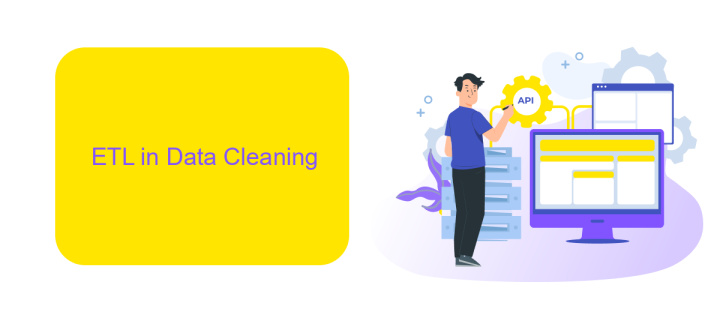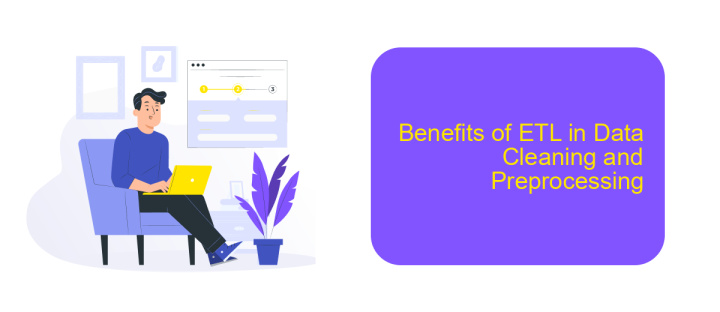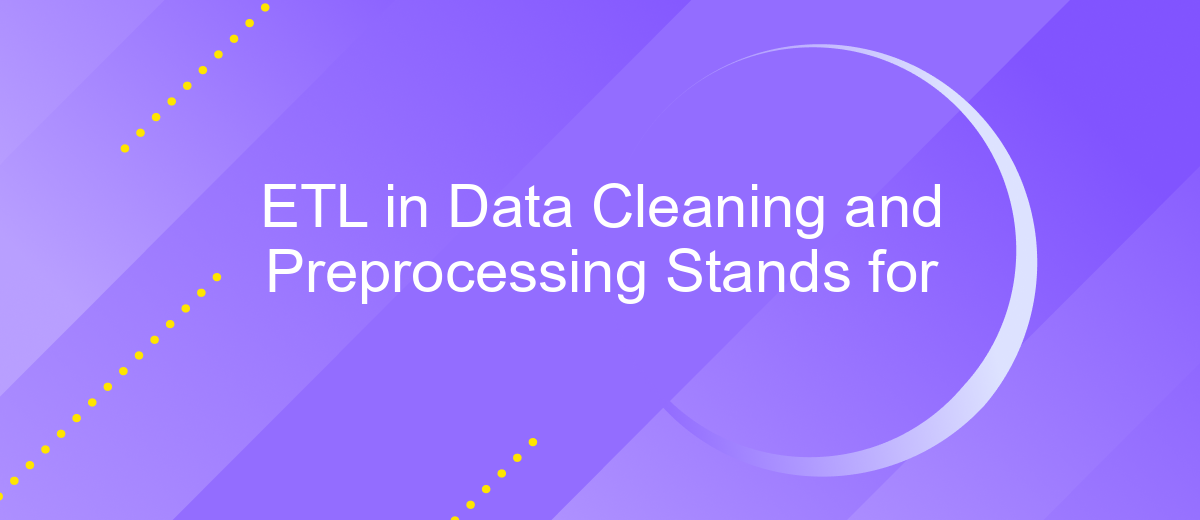ETL in Data Cleaning and Preprocessing Stands for
ETL, which stands for Extract, Transform, Load, is a critical process in data cleaning and preprocessing. It involves extracting data from various sources, transforming it into a suitable format, and loading it into a target database or data warehouse. This process ensures that the data is accurate, consistent, and ready for analysis, making it indispensable for effective data management.
Introduction
ETL, which stands for Extract, Transform, Load, is a critical process in data cleaning and preprocessing. This methodology ensures that raw data is efficiently converted into a usable format for analysis and reporting. By systematically extracting data from various sources, transforming it to meet specific requirements, and loading it into a target database, ETL helps maintain data integrity and quality.
- Extract: Data is gathered from multiple sources such as databases, APIs, and flat files.
- Transform: The extracted data is cleaned, filtered, and formatted to meet the desired criteria.
- Load: The transformed data is then loaded into a target system, such as a data warehouse or data lake.
In today's data-driven world, tools like ApiX-Drive can streamline the ETL process by automating data integration from various services. This allows organizations to focus on data analysis rather than the complexities of data handling. By leveraging such tools, businesses can ensure that their data is accurate, consistent, and ready for insightful analysis.
ETL in Data Cleaning

ETL (Extract, Transform, Load) is a crucial process in data cleaning, ensuring that raw data is transformed into a usable format. During the extraction phase, data is collected from various sources such as databases, APIs, and flat files. This step is essential for gathering all relevant information needed for further processing. Tools like ApiX-Drive can facilitate this process by providing seamless integration with multiple data sources, thus streamlining data collection.
The transformation phase involves cleaning and converting the extracted data into a consistent format. This step includes removing duplicates, handling missing values, and standardizing data types. Proper transformation ensures that the data is accurate and ready for analysis. Finally, the cleaned and transformed data is loaded into a data warehouse or another storage system, making it accessible for business intelligence and analytics. By following the ETL process, organizations can ensure high-quality data, which is essential for making informed decisions.
ETL in Preprocessing

ETL (Extract, Transform, Load) is a crucial process in data preprocessing that ensures data is clean, consistent, and ready for analysis. During the preprocessing phase, ETL helps in transforming raw data into a structured format, making it suitable for further analysis and machine learning models.
- Extract: Data is collected from various sources such as databases, APIs, and flat files. This step involves gathering all relevant data needed for preprocessing.
- Transform: The extracted data is then cleaned and transformed. This includes removing duplicates, handling missing values, and converting data types to ensure consistency. Tools like ApiX-Drive can automate this process by integrating various data sources and applying necessary transformations.
- Load: Finally, the transformed data is loaded into a target system, such as a data warehouse or a data lake, where it can be accessed for analysis.
By implementing ETL in preprocessing, organizations can streamline their data workflows, ensuring that data is accurate and reliable. Services like ApiX-Drive facilitate seamless integration and automation, making the ETL process more efficient and less error-prone.
Benefits of ETL in Data Cleaning and Preprocessing

ETL (Extract, Transform, Load) processes play a critical role in data cleaning and preprocessing, ensuring that data is accurate, consistent, and usable for analysis. By automating the extraction of data from various sources, transforming it into a standardized format, and loading it into a target database, ETL simplifies and streamlines data preparation tasks.
One of the key benefits of ETL in data cleaning is its ability to handle large volumes of data efficiently. ETL tools can identify and rectify errors, remove duplicates, and fill in missing values, thus enhancing data quality. This automated approach reduces the time and effort required for manual data cleaning, allowing data scientists to focus on more complex analytical tasks.
- Improved data accuracy and consistency
- Time-saving through automation
- Enhanced data integration from multiple sources
- Scalability to handle large datasets
- Reduction of manual errors
Services like ApiX-Drive further enhance the ETL process by providing seamless integration between various data sources and destinations. With ApiX-Drive, businesses can easily set up automated workflows that ensure continuous data synchronization, thus maintaining up-to-date and clean data across all platforms.
Conclusion
In conclusion, ETL (Extract, Transform, Load) plays a crucial role in data cleaning and preprocessing. This process ensures that raw data is converted into a clean, structured format suitable for analysis. By systematically extracting data from various sources, transforming it to meet specific requirements, and loading it into a target database, ETL helps maintain data integrity and quality.
Moreover, leveraging tools like ApiX-Drive can significantly streamline the ETL process. ApiX-Drive offers seamless integration services that connect multiple data sources and automate data workflows, reducing manual intervention and minimizing errors. This not only enhances the efficiency of data cleaning and preprocessing but also enables organizations to focus on deriving actionable insights from their data. In essence, ETL, supported by robust integration tools, is indispensable for effective data management and analytics.
FAQ
What does ETL stand for in data cleaning and preprocessing?
Why is ETL important for data cleaning and preprocessing?
What are the common challenges in the ETL process?
How can automation tools help in the ETL process for data cleaning and preprocessing?
What are the best practices for implementing an ETL process?
Routine tasks take a lot of time from employees? Do they burn out, do not have enough working day for the main duties and important things? Do you understand that the only way out of this situation in modern realities is automation? Try Apix-Drive for free and make sure that the online connector in 5 minutes of setting up integration will remove a significant part of the routine from your life and free up time for you and your employees.

